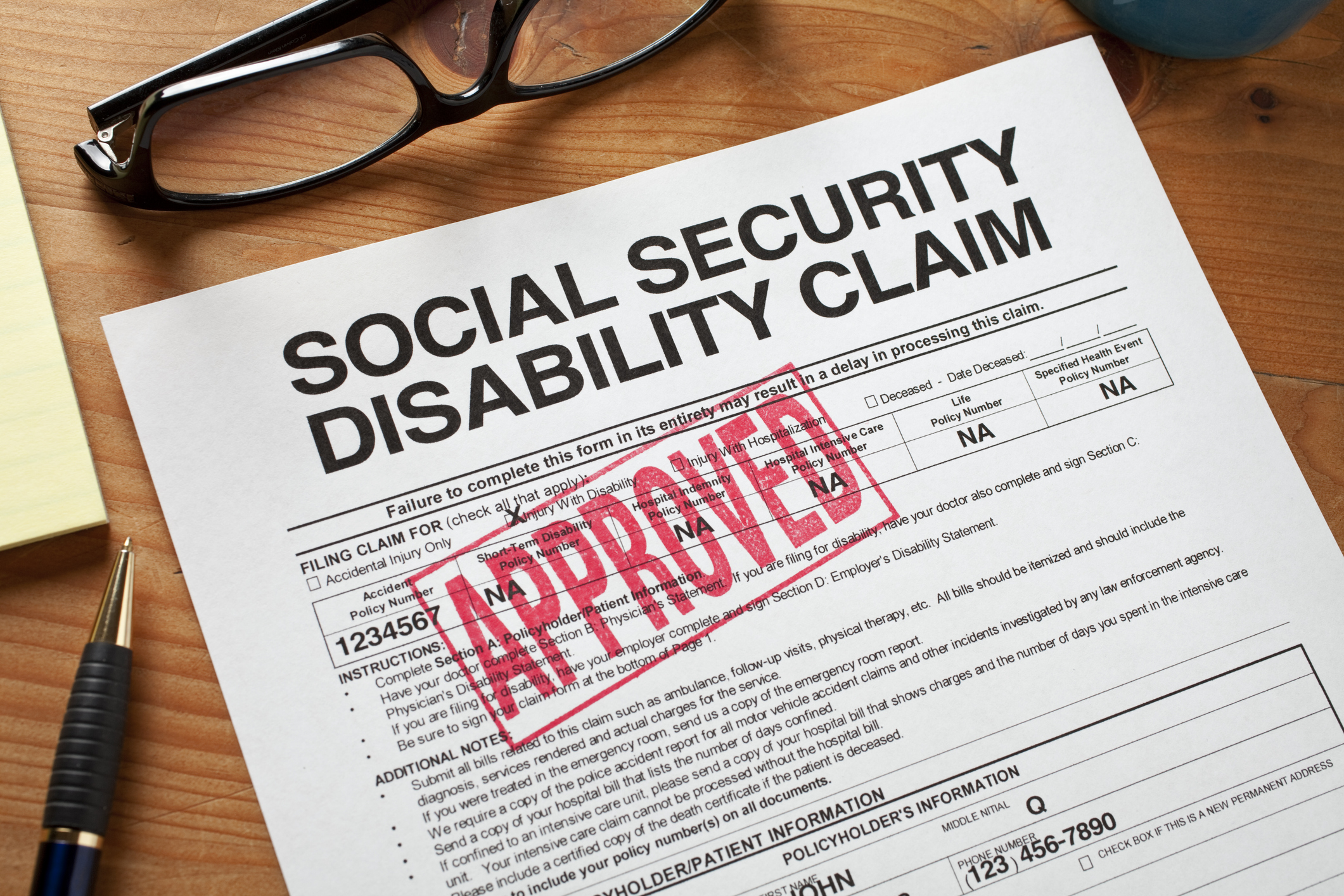There are more than 37 million people in the US living with Chronic Kidney Disease (CKD) and over 700,000 with End-Stage Renal Disease (ESRD). ESRD patients require multiple dialysis treatments a week in order to stay alive. Many CKD and ESRD patients find it difficult to continue working because of the time consuming treatments and the toll it has on their bodies. If you have kidney disease or ESRD and are not able to continue working, you may file a claim for Social Security benefits. While not guaranteed, these benefits help many patients cover some of their lost wages.
Many CKD or ESRD patients use disability benefits to pay for living expenses like food, rent, a mortgage and other necessities so that you don’t have to worry as much about making ends meet while you are sick if you can’t work. Typically, social security disability does not replace your entire work income.
Social Security Disability Benefits for Kidney Disease
If you have a kidney transplant, you also may be approved for disability benefits for one year from the transplant date. After that, you will need to medically qualify each year to have your benefits renewed. Enrolling in a vocational rehabilitation program before the one year of disability after transplant ends may allow you to continue some benefits. If you have kidney disease but have not had a transplant in order to be approved for disability benefits, you will need to meet the criteria listed for kidney disease in the Social Security Administration’s Blue Book, some of which which is noted below.
The Blue Book has a few different listings for kidney disease, each with different requirements. If you have CKD, in order to be approved for benefits:
You must undergo dialysis or a kidney transplant.
OR
Your serum creatinine levels from a three-month period are:
-
- Above 4 mg per deciliter
OR
-
- Creatinine clearance is 20 ml per minute or less
AND
-
- You experience at least one of the following complications:
- Renal osteodystrophy (bone disease due to kidney failure)
- Motor or sensory neuropathy (nerve changes due to kidney failure)
- Chronic fluid overload syndrome, accompanied by diastolic hypertension, vascular congestion, or anorexia (loss of appetite)
- You experience at least one of the following complications:
If you have Nephrotic Syndrome you must:
- Consistently have serum albumin of 3.0 per deciliter or lower AND elevated proteinuria of 3.5 g or higher over a 24-hour period
OR
- Proteinuria measurements over a 24-hour period of 10g or higher AND a total-protein-to-creatinine ratio of 3.5 or higher
- Chronic Kidney Disease with Complications, which appears in Section 6.09 and requires:
- You have been hospitalized at least three times within 12 months, with no more than 30 days in between hospital admissions
AND
- Hospital stays started in the ER each resulting in having inpatient treatment for at least 48 hours.
You will need to provide medical documentation to back up your claim. Medical documentation can be a doctor’s diagnosis, test results, hospital bills, statements from caseworkers, and basically any piece of documentation proving your illness and showing that it’s made it impossible for you to work.
Starting the Application Process
The first step in the application process is to start gathering your medical documentation. You can start your application for benefits online while you gather your documentation or call SSA at 1-800-772-1213 for a phone interview. If you need help filling out the application or have questions about it, you may make an appointment at your local Social Security Administration office. Take all the paperwork and your questions to the appointment, and a staff member can help you with your claim for disability benefits. Some patients have hired disability attorneys for assistance as well. In addition, there is a 5- month delay after you are approved to receive SSDI.
Resources:
Dialysis Patient Citizens: https://www.dialysispatients.org
Kidney Disease and Social Security Disability Benefits: https://www.disability-benefits-help.org/disabling-conditions/kidney-disease-and-social-security-disability
SSA’s Blue Book: https://www.ssa.gov/disability/professionals/bluebook/AdultListings.htm
Important Medical Documentation: https://www.disability-benefits-help.org/blog/medical-evidence
Local SSA Office: https://secure.ssa.gov/ICON/main.jsp




